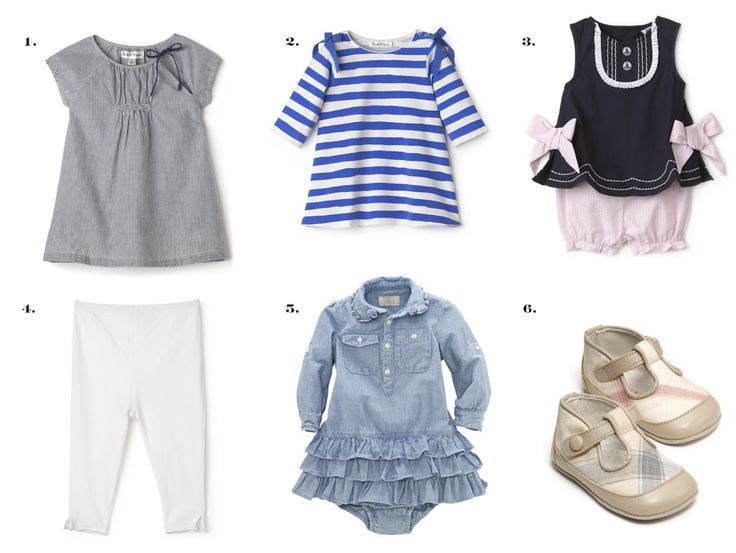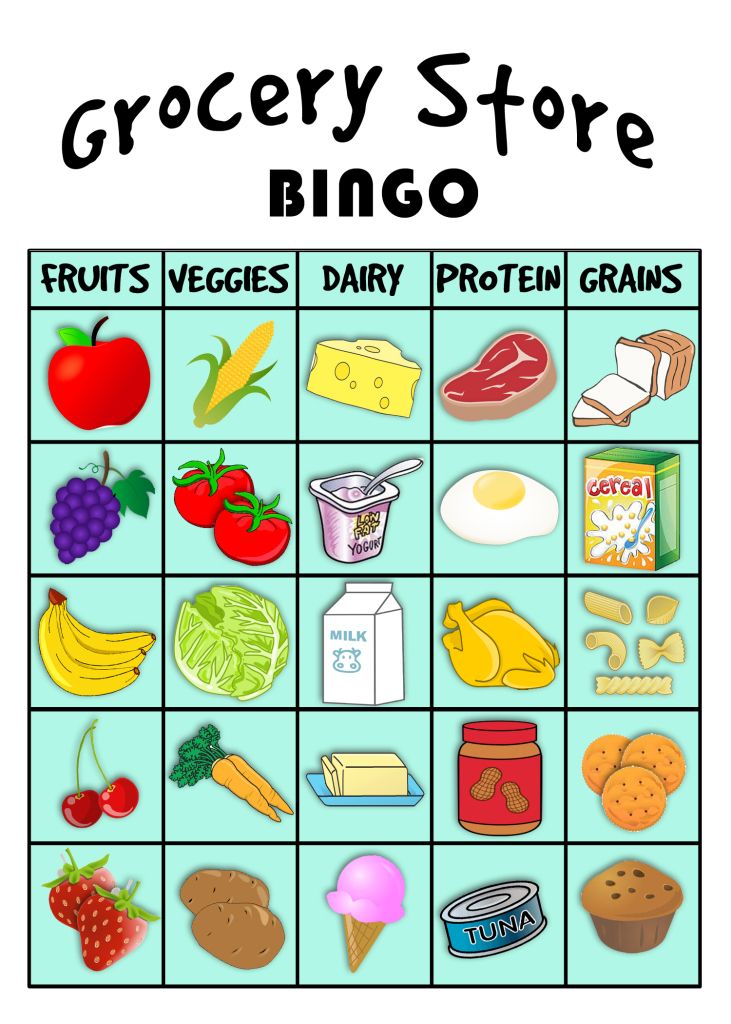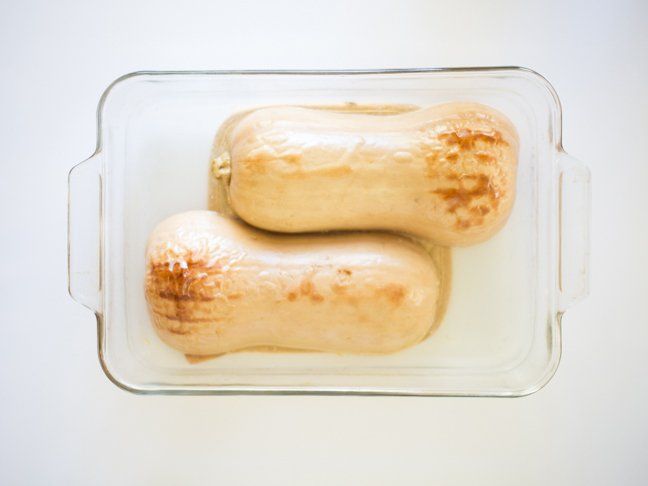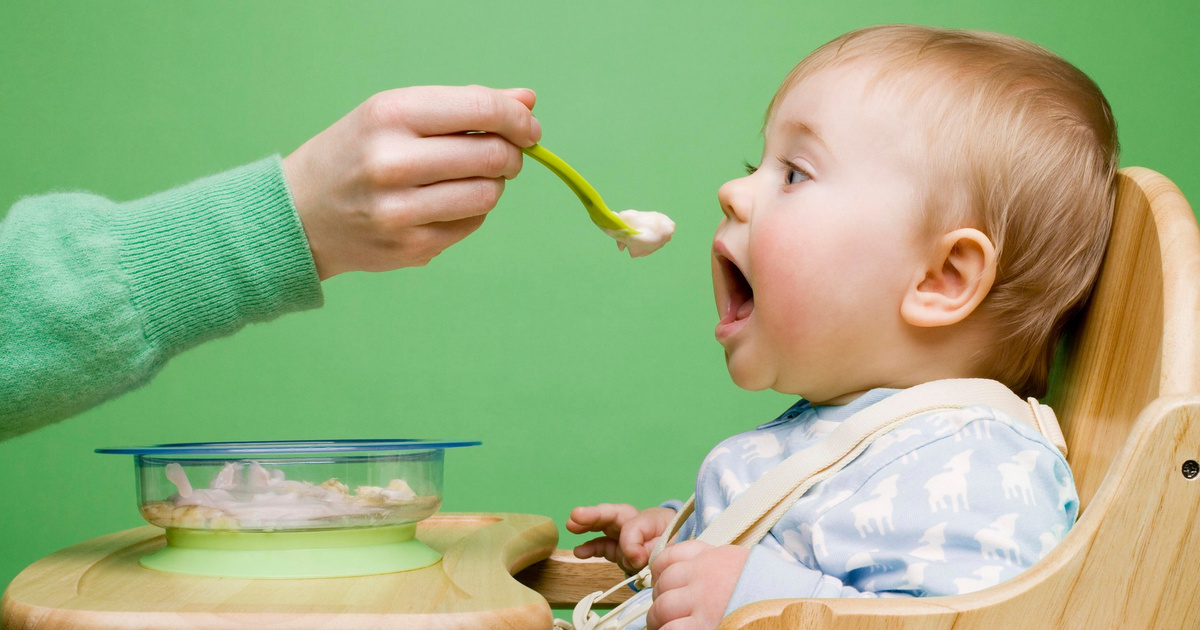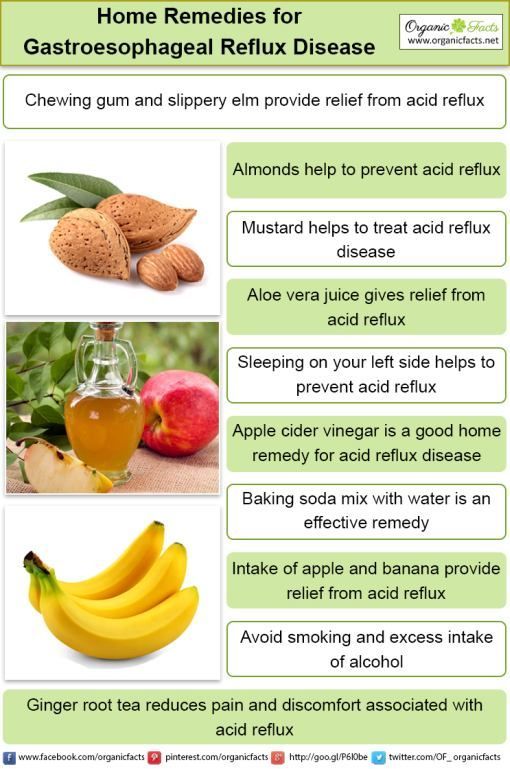Why do babies fall asleep while bottle feeding
Keeping Baby Awake During Feeding
Read time: 4 minutes
What to know about babies who fall asleep while feedingUnderstand your baby’s sleep and eating patterns
Tips for keeping your baby awake and alert to feed
When sleeping during feeding can signal a problem
It’s normal and common for babies to fall asleep while feeding, especially while nursing. Breast milk (and even more so suckling at the breast) encourages the flow of “feel good” hormones like oxytocin and cholecystokinin, promoting restfulness and feelings of security and safety.1
Newborns have a lot of growth and development happening in those early weeks, and their bodies need a lot of sleep and nutrition to help that happen. Given that they need to eat and sleep so much, sleepiness with feeding is bound to happen. 1,2
Despite well-meaning advice to the contrary, feeding to sleep is not a negative, nor does it create associations that will trap parents into this pattern forever. The associations between feeding (especially breastfeeding) and sleep are biologically linked and usually nothing to be concerned about.1
A baby who is well-fed and meeting their weight and development goals will often fall asleep after a good feeding. A good feeding can be recognized as one that includes vigorous suckling and ends with a relaxed, cozy, “milk drunk” look.4
While falling asleep after a feed is usually nothing to worry about, the below signs could indicate that baby is having difficulty with eating and means that you should talk with your baby’s doctor or a lactation consultant.
Signs baby baby may be having difficulty with feeding, resulting in sleepiness:
Fall asleep quickly: before going onto the breast or bottle or after just a few suck/swallows
Have irregular bursts of suckling and swallowing
Still look tense even if they do fall asleep
May have weight gain issues5,6
Should you want to discuss your sleepy baby, our expert dietitians and breastfeeding specialists are also available to chat Mondays – Fridays 8 AM – 6 PM ET and Saturdays - Sundays 8 AM – 2 PM ET. Chat now!
Chat now!
Try undressing baby or changing baby’s diaper.Newborns can be sleepy, so this technique works best with them, especially if they are working through some feeding issues like having just gotten a tongue tie fixed or if baby was born a little early.6,7
Additionally, a warm baby can be a sleepy baby! Keep baby cool, rub baby’s back, or run your finger across their cheek and chin. This can be done for both bottle and breastfeeding babies.8
Do breast compressions if you are nursing at the breastCompressions can be particularly effective for a sleepy baby. This action helps increase the flow of milk, which can be helpful for a baby who is having trouble sustaining a full feeding session.8
When you notice baby not drinking or the drinking/swallowing has slowed down, give your breast a squeeze (but not so strong that it hurts). You should see baby’s suckling start to pick up. Keep squeezing until baby slows down their suckling again.8 You can repeat this as often as you would like.
You should see baby’s suckling start to pick up. Keep squeezing until baby slows down their suckling again.8 You can repeat this as often as you would like.
Babies are primed to eat when they need to, and restriction or a strict schedule can lead to underfeeding, which can cause even more issues with sleepiness.7,10 A fed baby is a stronger and more alert baby.
Note that you may need to wake baby to feed if your newborn is eating less than 8 times per day, is having trouble gaining weight, and/or is sleeping a 4 hour or more stretch more than once per day.7
Read more:Breastfeeding On Demand Vs. On a Schedule
Supplement with more breastmilk or formula if neededIt’s okay to supplement if needed to help keep baby meeting their nutrition needs while feeding concerns are being investigated. Supplementation can be with expressed breast milk, donor breast milk, or formula if the first two aren’t available.
Supplementation can be with expressed breast milk, donor breast milk, or formula if the first two aren’t available.
Supplementing a small amount prior to nursing at the breast will allow baby to finish at the breast and take their fill.11
Read more:
How Do I Supplement my Breastfed Baby with Formula?
Dealing With a Low Breastmilk Supply
If baby is bottle feeding, try a different nipple size or shapeSome babies (especially those with a tongue tie or other issue) may have trouble getting their mouth around certain nipples and this can cause feeding to be harder than it needs to be. If you change nipple sizes, be careful that the flow is not too fast for baby. You can try feeding baby upright to help them pace themselves.
Read more:
What Is Paced Bottle Feeding?
Choosing the Best Bottles and Nipples for your Baby
If you are breastfeeding, try switching breastsSimilar to compressions, the faster flow of the previously unused breast may help keep baby awake. 12
12
Sometimes babies are not getting enough milk, and therefore become sleepier, because they are not latching well. This is because a shallow or poor latch may prevent baby from transferring an adequate amount of milk.6 Sometimes simply changing breastfeeding positions can help baby latch deeper; occasionally a bit more adjustments are needed.
Contact a lactation consultant for a full assessment if you suspect baby is not latching well.
Read more:
6 Breastfeeding Positions for You and Your Baby
Top Breastfeeding Latching Tips
Ask for helpIf baby is having trouble staying awake even with the above techniques, feedings take an excessively long time (40 minutes or longer consistently), baby isn’t gaining weight appropriately, or is difficult to wake, call your baby’s doctor ASAP.7,12
Let's Chat!We know parenting often means sleepless nights, stressful days, and countless questions and confusion, and we want to support you in your feeding journey and beyond.
Our Happy Baby Experts are a team of lactation consultants and registered dietitian nutritionists certified in infant and maternal nutrition – and they’re all moms, too! They’re here to offer personalized support on our free, one-on-one, live chat platform Mon-Fri 8am-6pm (ET), and Sat-Sun 8am-2pm (ET). No appointment needed, no email or sign-up required. Chat Now!
Read more about the experts that help write our content!
For more on this topic, check out the following articles:Breastfeeding: How to Support a Good Milk Supply
How To Deal with Nursing Strikes while Breastfeeding
Feeding Tips for Healthy Weight Gain in Babies and Toddlers
How Much Formula Does My Baby Need?
Sources
8 Tips To Keep Your Baby From Falling Asleep While Feeding
During the first few weeks of a baby’s life, they do almost nothing but sleep. It is important to enjoy this time. Later, it will seem like they have copious amounts of energy and do not like to fall asleep at all. This is why people keep warning new mothers about getting enough sleep when the baby is sleeping. Sleep will be hard to come by later.
This is why people keep warning new mothers about getting enough sleep when the baby is sleeping. Sleep will be hard to come by later.
Babies seem to be very sleepy all day and almost seem to struggle to stay awake. Babies are adjusting to life outside the womb, and this is tiring. Also, sleeping during the day can keep them awake at night, and mothers have to find a way to cope. Babies will have their days and nights mixed up.
Falling asleep can also happen during feedings. When a baby is nursing, it is common to see the baby fall asleep at the breast. It is common for babies to fall asleep when their tummy is full. Falling asleep is a natural response to exhaustion. When a baby falls asleep at the breast, the mother can stop feeding to avoid adverse effects. If the baby puts on weight at a healthy pace, there is no harm in falling asleep during nursing sessions.
When the baby moves from breast to bottle feeding, there are some risks of falling asleep. Understanding these better will help you mitigate them.
Here are a few risks that your baby faces when it falls asleep during feeding.
Choking Risks – When babies fall asleep, it is possible that liquid can go into their lungs. This can lead to choking. This is like what happens when food goes down the windpipe when you are eating. This is quite dangerous for the baby. The baby is still developing reflexes. It is not good at waking up if something interferes with breathing.
Tooth Decay – This is not so much risk during breastfeeding. When babies fall asleep during breastfeeding, the mother can stop feeding. If the baby falls asleep with the bottle in the mouth, the liquid or formula can drip into the mouth. This causes the teeth to soak and puts the baby at risk of tooth decay. For this reason, remove the bottle as soon as the baby starts giving signs that it is full. Do not let the baby suckle on the bottle for longer than necessary.
Ear Infections – If the baby is lying flat while feeding, the milk or formula can flow into the ear canal. This increases the risk of ear infections. For this reason, the baby must never be given the bottle when lying down. When breastfeeding, hold the baby to raise its head than the rest of its body. You can use your arm to create the tilt. Use a feeding pillow to prop the baby up, or use a baby chair to ensure that the baby is sitting up when feeding.
This increases the risk of ear infections. For this reason, the baby must never be given the bottle when lying down. When breastfeeding, hold the baby to raise its head than the rest of its body. You can use your arm to create the tilt. Use a feeding pillow to prop the baby up, or use a baby chair to ensure that the baby is sitting up when feeding.
Dependency – Babies that fall asleep while feeding might link feeding and sleeping. Many new mothers know how babies get cranky before falling asleep, feeding, and sleeping peacefully. But as time goes, this becomes another risk. This habit can be hard to break once it forms. To avoid this, we recommend a different place for feeding to the one the baby uses to sleep. This is after the baby reaches the age of 3 months or more. Keeping the two separate can prevent this habit from forming.
You can introduce babies older than six months to a sippy cup. You should aim to take the baby off the bottle by the time they are a year old.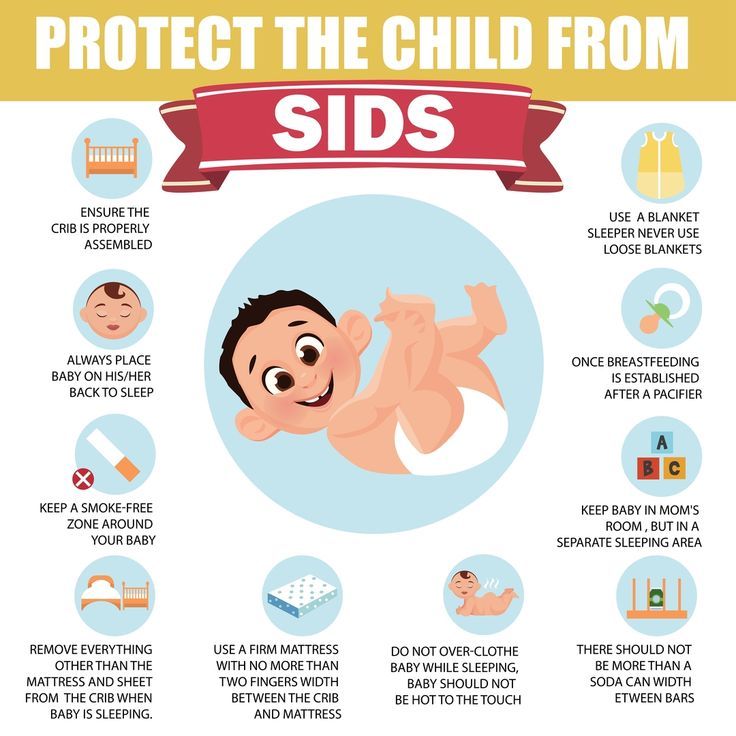 You should not worry too much if the baby does not finish a bottle, as they know when their tummies are full. Here are some tips to keep your baby from falling asleep when bottle feeding:
You should not worry too much if the baby does not finish a bottle, as they know when their tummies are full. Here are some tips to keep your baby from falling asleep when bottle feeding:
1. Change their position
Changing positions when the baby is feeding makes sure that they stay awake. When they move about, they tend to stay awake. When nursing, try switch nursing, where you shift the baby from one breast to the other. You can follow the same for bottle feeding by helping the baby switch positions when feeding. This makes sure that they do not get too comfortable in the same position. Putting them in a sitting position will also help them stay awake longer.
2. Burp your baby
Burping your baby involves picking them up and putting them over your shoulder to pat them down. Burping frees up some space in the tummy and removes the feeling of being full. Also, picking up the baby awakes them from the restful state they are in a while feeding. This can help keep them awake.
3. Remove the bottle
If the baby is sleepy mid-way through the feed, removing the bottle may help them stay awake. Extracting milk from the bottle takes some effort, and the baby will tire from doing this for a while. Removing the bottle gives the baby a break. You can remove the breast from the baby’s mouth during breastfeeding or switch from one to the other. The break from the sensation of feeding will help the baby wake up. It will stay that way for longer, even when you resume feeding.
4. Change their nappy mid-feed
Like picking up the baby or removing the bottle, you can change the baby’s nappy mid-feed. Changing the nappy involves picking up the baby and changing positions all around. This can prevent the baby from feeling sleepy through the rest of the feed. This works better during bottle feeding. The baby may get cranky if it is interrupted mid-feed. While breastfeeding, if you remove the food source so you can change the baby’s diaper, you are bound to have a cranky baby on your hands.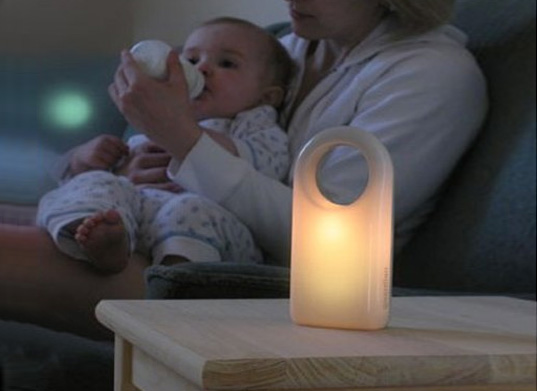 \
\
5. Stroke their feet
External stimulus can also prevent the baby from falling asleep during the feed. Gentle stimulation of the senses is an excellent way to keep the baby awake. One way to do this is to stroke the baby’s feet when feeding. Stroking the feet invokes a reflex response in babies, which helps them stay awake. Tickling the baby’s feet or swirling a finger on the top of their head can also help with the same response. You can also pat their cheeks gently. All of these gentle actions keep them awake.
Keeping in tune with the stimulation of the senses, another way to do this is to blow air on the cheeks or the forehead. Doing this will keep them alert. Again, you have to do this also in moderation as it can take away the attention from feeding. Over-alerting babies will distract them from what they are doing.
6. Give them a toy
Using a toy or a favorite blanket to keep them distracted during feedings can also help them stay awake. This is why you will usually find hanging toys above the crib or little dangling ones on the side of a high chair. Movement keeps them occupied and helps them stay awake.
Movement keeps them occupied and helps them stay awake.
7. Sing or speak to your baby while they feed
Singing or speaking to the baby helps keep a baby engaged during the feed. This also stimulates the senses and helps the baby stay awake. Playing some music or making noises around the baby can also help do the same. Ensure that the music you are playing or the song you are singing is not too soothing. This will help the baby fall asleep, defeating the purpose of the exercise. Do not play thunderous music around your baby. It could lead to problems with attention and hearing. When many people talk while the baby is feeding, it tends to get distracted. So, it would be best if the mother or caretaker speaks or sings softly to the baby.
8. Strip the baby down to the diaper
If the baby is too warm, it is more likely to fall asleep when feeding. One way to prevent this is to strip the baby down to the diaper when feeding. The mother can also apply cool washcloths to the baby’s skin to keep them from sleeping. If you think that the baby is too cold, you can drape a breathable blanket over them. Or get them to make skin-to-skin contact with you. Skin-to-skin contact with the mother ensures that the baby stays warm enough. It also assures that you are close and stimulates them that way.
If you think that the baby is too cold, you can drape a breathable blanket over them. Or get them to make skin-to-skin contact with you. Skin-to-skin contact with the mother ensures that the baby stays warm enough. It also assures that you are close and stimulates them that way.
If the baby is still falling asleep during bottle feedings, check the nipple of the bottle. If the milk flow is too slow, the baby might struggle to extract the milk and thus get tired. When the milk flow gets slow, it is normal for a baby to feel bored and go to sleep. If everything is right, consult your pediatrician for supplementation suggestions. The pediatrician can give you tips to keep the baby less tired. If the baby falls asleep during the feed, always throw away any leftover food in the bottle. This is especially for anything that remains in the bottle after an hour. This is because any liquid in a bottle for a long time can get contaminated. Do not store milk or formula in the bottle after the baby has stopped feeding.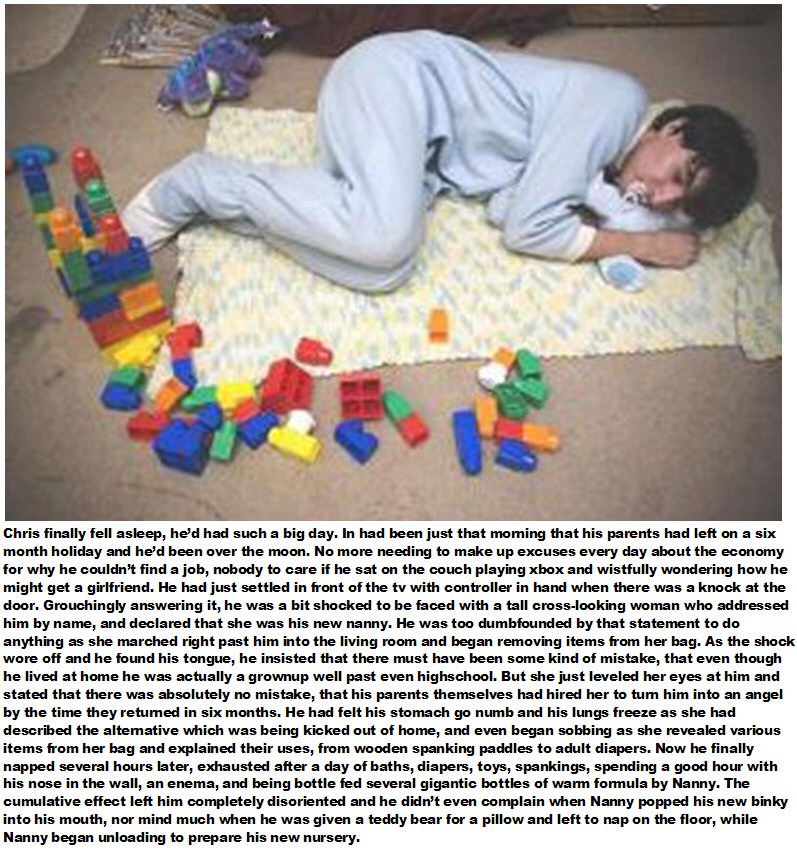
You can break your baby’s association between feeding and bedtime gradually. It is not a quick process. You can reduce and then stop the baby’s nighttime feedings. Reduce the amount of liquid in the bottle by an ounce. Do this over some time. You can also dilute the milk or juice.
There will be a few nights of fussing when the baby does not feed just before sleeping. The baby will take some time to get used to this. This is also an excellent time to introduce a new toy to help them fall asleep without a feed. If you are willing to be patient and wait for a bit, the baby will soon get used to sleeping without feeding.
Artificial feeding of babies | Bebbo
Submitted by Ilya Danshyn on Wed, 12/08/2021 - 18:40
Sometimes the baby cannot breastfeed, so you have to express milk and bottle feed the baby. Some babies are formula fed because for some reason breastfeeding is not possible, or lactation has stopped prematurely, or you have chosen to formula feed your baby.
- Make sure that the rate of milk flow from the bottle through the nipple is appropriate for the baby. nine0008
- To check this, turn the filled bottle upside down.
- Milk should drip quickly, not squirt. If you have to shake the bottle hard to make the milk drip, it means that the nipple is not providing the normal intensity of feeding.
- The baby can fall asleep even before he has eaten everything from the bottle.
- It is normal for a small amount of milk to leak from the corners of the mouth; it will stop when the child gets older. nine0008
- If you can't find the perfect nipple, choose the one that produces the most milk; it's okay if you have to go through how many nipples before you find one that's right for you and your baby.
How to bottle feed your baby
- Sit back and hold your baby in your arms, gently but firmly. It is better for the baby to be in a more upright position, similar to the position when breastfeeding.
 nine0008
nine0008 - Place the pacifier between the baby's lips; he will open his mouth and start sucking.
- Hold the bottle at an angle so that the nipple and mouth of the bottle are constantly filled with milk; this will prevent the child from swallowing air.
- When the baby stops actively sucking or has eaten half the milk from the bottle, carefully remove the bottle and check if he wants to burp; after that, you can continue feeding.
- Change the position of the baby during feeding or at least at each feeding; this allows even stimulation of the baby's sensations on both sides of the body and prevents positional deformation of the head. nine0008
How much milk does a baby need?
- The number of meals and the amount of milk is determined by the baby! Different babies require different amounts of breast milk or formula. Feeding time is not always evenly distributed over the time of day, sometimes children eat more during the day, followed by a long night break.
 nine0008
nine0008 - If you are formula feeding, check the chart on the box. Of course, the recommended serving size for your age will only serve as a guideline and may not necessarily be appropriate for your child.
- When a baby begins to receive complementary foods, as the amount of solid food increases, the baby's need for milk decreases.
- The amount of formula your baby eats will decrease when he switches from bottle to cup. nine0008
- By the age of 12 months, when a baby can switch to cow's milk, he usually receives 500-600 ml of breast milk or formula per day.
Some babies never eat the recommended amount of milk for their age and height. For some, this "recommended" volume is not enough. At least six wet diapers during the day, constant but not excessive weight gain, a healthy and active child - all this indicates that everything is in order. If you are concerned that your baby is not getting enough milk or formula, contact your doctor.
nine0003
Responsive feeding from the bottle in accordance with the needs of the child
- Feed the baby when he shows that he is hungry and not on the schedule, follow his signals.
- Do not feed the baby if he is not hungry, just because the formula is already prepared - this can lead to overfeeding the baby.
- When a baby is bottle fed, there is no difference between foremilk and hindmilk that affects the feeling of fullness in a breastfed baby. nine0008
- The child is often held so that the milk simply flows into the mouth rather than actively suckling; in this case, he eats too much milk too quickly.
- During feeding, watch the baby for signs of satiety - he turns away from the bottle, sucks lazily - and stop feeding in time.
- Hold the baby close to you during feeding, hug and talk to him; it stimulates growth and development and also strengthens the bond between you and your child. nine0008
- The baby did not eat everything from the bottle and fell asleep while eating.

- Don't worry if the child hasn't eaten everything; he knows how much formula or breast milk he needs.
- If the child falls asleep while eating, put him on your shoulder, stroke or pat him on the back and legs; Changing diapers is also an effective way to wake up a baby.
- Wait until the baby is awake before giving him any leftover milk. nine0008
Always empty the remaining milk from the bottle if more than an hour has passed!
Night feeding
- Every baby is different. Some wean from night feeding at four months, and some at two years. From the 6th month of life, healthy children no longer need night feeding. Now it's just a habit that gets harder to change the older the child gets.
- If a baby is bottle fed, this is the last age to stop eating at night! Do not replace milk with juices or other sweetened drinks to protect your child's teeth from cavities.
 nine0008
nine0008 - If your baby drinks 60 ml or less of milk during the night, you can simply stop feeding at night and calm the baby as you usually do, and then put him back in the crib to fall asleep on his own.
- If your baby eats more than 60 ml every night, gradually reduce the amount of milk over 5-7 nights and lull the baby as you normally do.
Risks of bottle feeding in bed
- If your child gets used to falling asleep with a bottle in bed, it will be more difficult for him to learn to calm down or fall asleep on his own.
- If a child falls asleep with a bottle in his mouth, there is a risk of choking on milk and suffocation. Babies are not as light sleepers as older children and adults, and do not wake up if something prevents them from breathing.
- A mixture left in the mouth during sleep leads to dental caries. nine0021
- When a child drinks from a bottle lying down, the risk of ear inflammation increases.

Australian Article
On
Cover Image
Image
© UNICEF/UN0158032/Voronin
KeyWords
Breast Feed
Category
Power
Child Age
1st month
2nd month
3-4 months
003
Why can my baby fall asleep while feeding?
The main reason for falling asleep on the chest is fatigue. Especially in the postpartum period. For the mother, this process was difficult, the child was also tired, he spent a lot of strength and energy at birth and is trying to recover during sleep.
In addition, suckling is not an easy process, getting milk from the mother's breasts, he has to work hard. As a result, the desire to sleep wins, and the child falls asleep without even finishing the meal to the end. nine0003
In addition to fatigue from birth and suckling, there are several more reasons:
- The child is full.
 Most often, this reason occurs in a situation where the baby is fed on demand, and for each squeak they give a breast. The kid simply does not have time to get hungry, since the intervals between meals are short and he does not need to eat a lot and longer than usual.
Most often, this reason occurs in a situation where the baby is fed on demand, and for each squeak they give a breast. The kid simply does not have time to get hungry, since the intervals between meals are short and he does not need to eat a lot and longer than usual. - Obstructed flow of milk from the breast . When a mother has good ducts, milk flows without much effort, the child does not spend much effort to get it. He eats enough and falls asleep. And in this situation, mom does not have to worry at all. But there is another side, when the ducts are clogged or the mother is very nervous, she begins to produce a stress hormone, which complicates the process of getting milk for the baby. It certainly exists, but getting it for a child turns out to be overwhelming work. As a result, the child falls asleep because he is tired. nine0008
- Undeveloped sucking reflex. Most often, babies who were born prematurely face this problem.
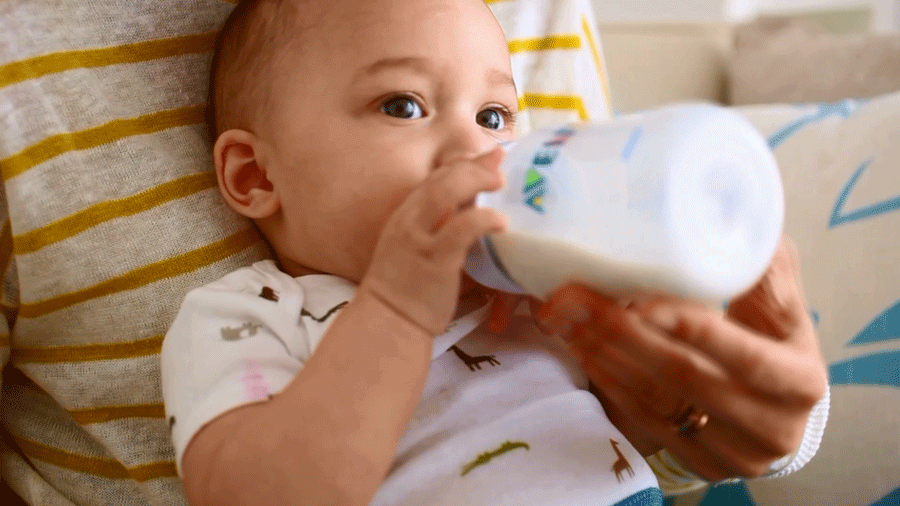 Literally after a couple of weeks of training, the situation with the facial muscles stabilizes, and the baby begins to actively suckle the breast.
Literally after a couple of weeks of training, the situation with the facial muscles stabilizes, and the baby begins to actively suckle the breast. - The newborn does not latch onto the nipple correctly. As a result, the baby chews more on the mother's breast, in an attempt to properly grasp the nipple. Nothing works out for him, the baby gets tired and falls asleep faster to regain strength. nine0008
- Physical discomfort. The child does not feel well, hence he may be inactive, and his well-being may also affect his appetite.
What can I do to keep my baby from falling asleep while feeding?
If the baby sucks for 3-5 minutes, falls asleep for a short time, wakes up and needs more supplements, the mother needs to adjust her diet and make sure that the baby does not fall asleep during feeding, but eats fully. There are several proven ways to keep your baby awake while breastfeeding:
- Talk to the baby, show him a bright or loud toy, touch different parts of the body, run your hand over the heels, shake the handle, kiss the baby on different parts of the body.
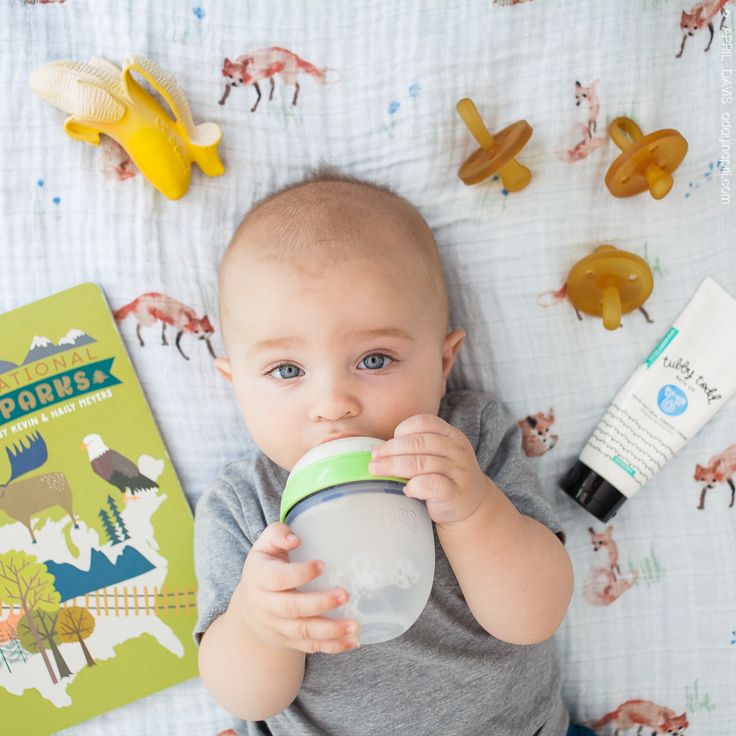
- As soon as the sucking intensity decreases and the baby has eaten very little, gradually remove the baby's nipple from the mouth. If he is hungry, he will start suckling again. The same must be done with the bottle, it can still be twisted.
- Change position or start moving if you have your baby in your arms in the cradle position. Shift the baby to the bed, offer the breast while lying down, so you will shake him a little and remove the focus from sleep. nine0008
- If the room is warm, stop feeding and undress the baby. This will take his attention away from sleep.
- Feed your newborn on time. Infants aged 0-6 months can withstand a feeding interval of 1.5-2 hours. Make sure that the child literally “works up” an appetite.
- Focus on sucking intensity and time. If the baby was born prematurely, he can eat longer, as he has little strength and weak sucking muscles. The duration of feeding in such children can vary within 15-20 minutes. If the baby is born on time, then feeding takes 7-10 minutes.
 nine0008
nine0008 - Try to alternate ways of bedtime and do not teach your child to eat before bed. Offer to lay your chest in one position, fall asleep in your arms in the other, fall asleep to a lullaby and light swaying in the next. Introduce air sleep in a stroller.
To wake up or not to wake up?
It is worth waking up the baby for feeding when he refuses to eat with his eyes closed. That is, the mother offers the child sleepy feeding, in which he does not eat. In this case, it is worth creating conditions for a soft awakening and offering breasts. nine0003
It is also necessary to wake up for feeding when the child is not gaining weight well or after 2-3 sucking movements immediately falls asleep.
It is not necessary to wake up the baby if he actively suckles his mother's breast for at least 7 minutes, the baby ate the day before before bedtime, he has no problems with weight gain. In addition, if a child is sick, he should not be woken up for feeding, since sleep during illness is needed more than food. Since the child is fully restored when he sleeps.
Since the child is fully restored when he sleeps.
Is it necessary to hold a sleeping baby in a column
Spitting up is a fairly common situation that occurs with babies. For babies who are in a horizontal position, this can be dangerous. He may choke and die. The baby burps for several reasons:
- During feeding, the baby swallows air.
- Overeating. Therefore, by regurgitation, the body frees the stomach from excess food.
- Incorrect position of the baby when breastfeeding or bottle feeding.
Frequent sleep during feeding, provokes problems with laying down and organizing full daytime sleep. Mom tries in every possible way to organize a rhythm for the child, but due to certain circumstances it is not possible to do this. In order to understand the reason and start working on the organization of the rhythm, a systematic approach is needed. On the course "SLEEP OF A BABY, MOTHER IN RESOURCE (+ SZ)", mothers build a rhythm / daily routine, work on separating breasts / sleep, and if desired, mothers go further and teach the child to fall asleep on his own.



